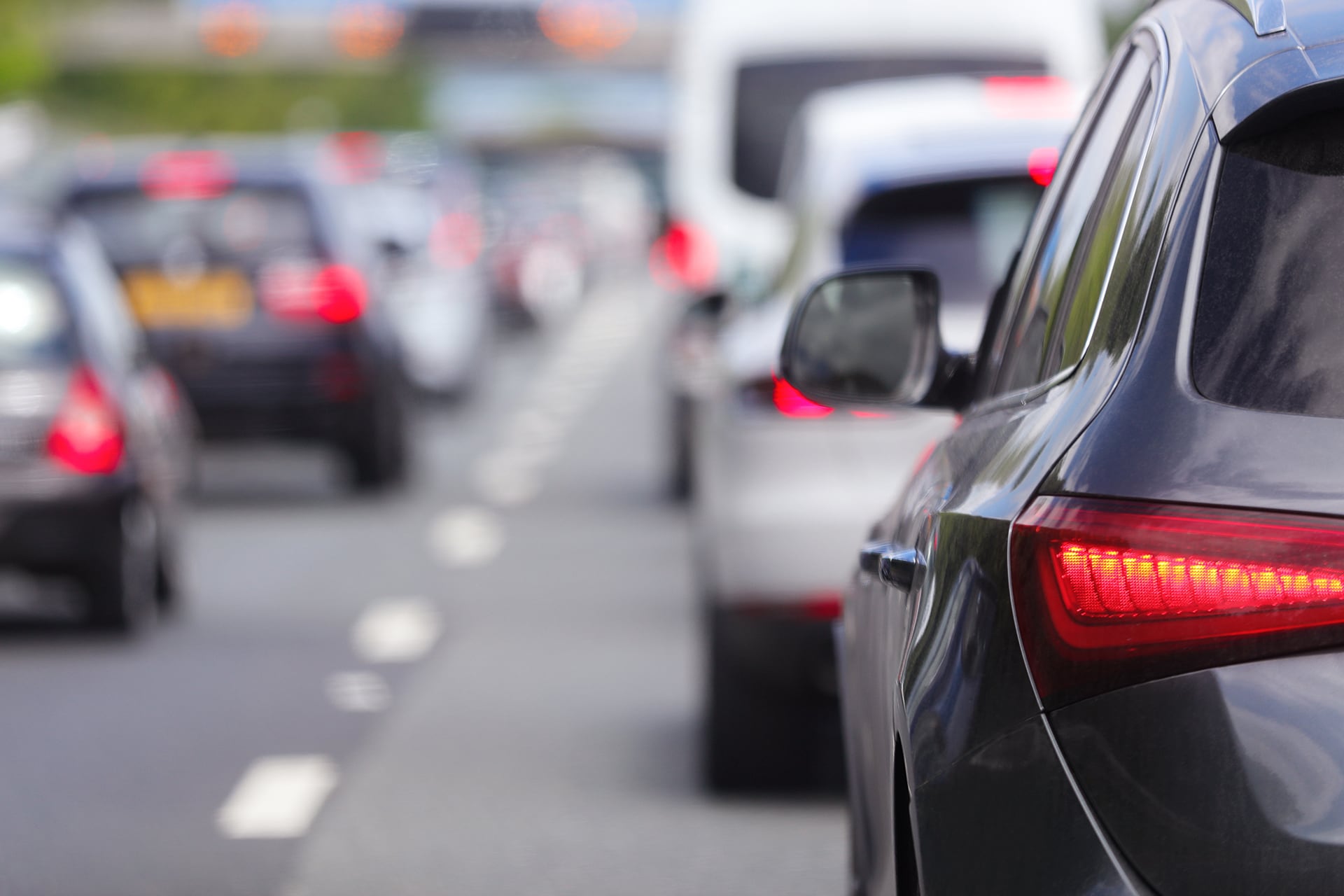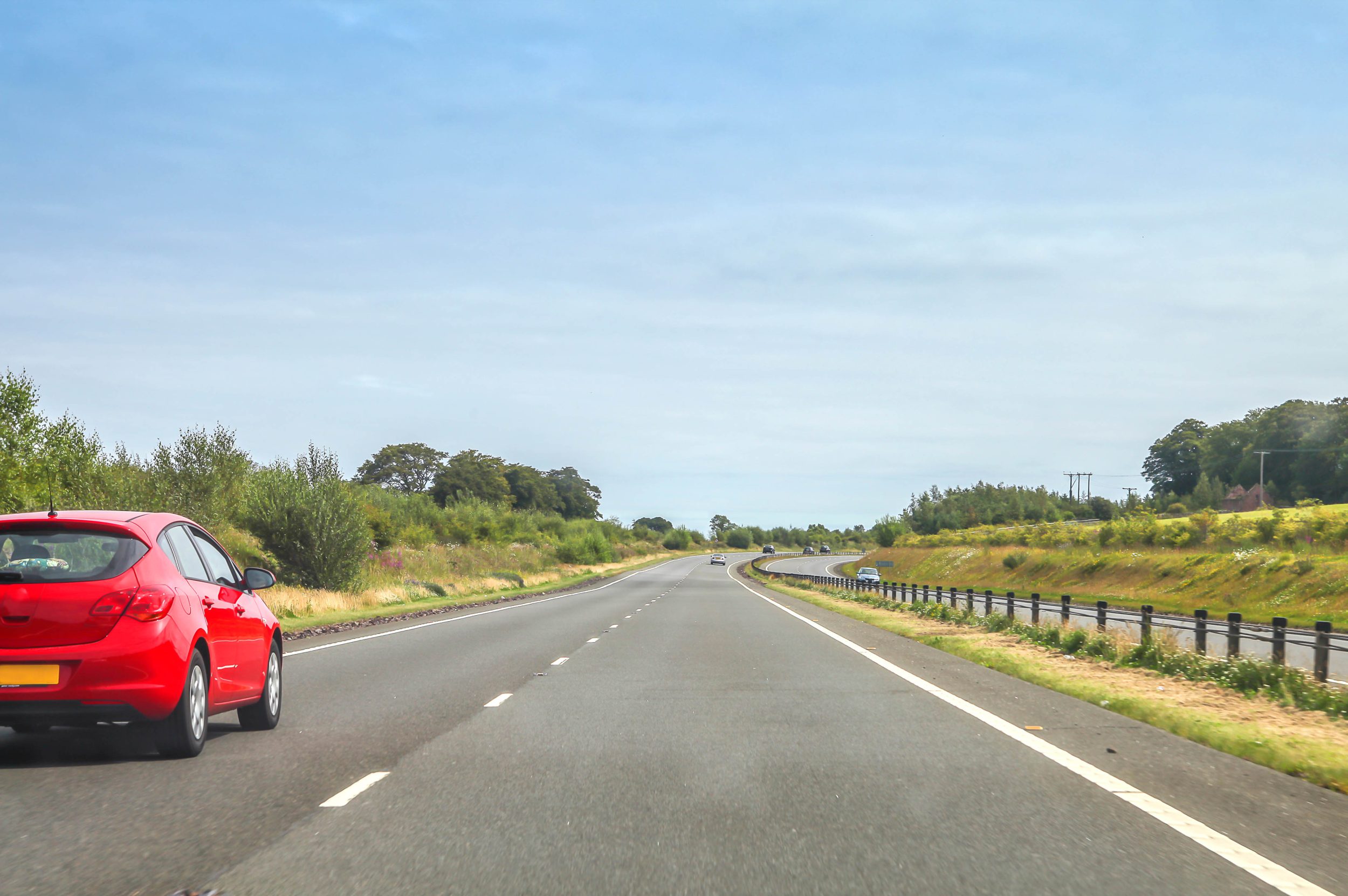Making sure your car is properly covered by insurance is one of the most important steps you need to take before getting a car on the road.
Due to the current climate, drivers across the country are seeing increasing costs to their insurance policies. As the cost-of-living crisis continues, many drivers are conscious of how much of an impact rising insurance premiums could have on their finances.
This guide will answer some of the most commonly asked questions surrounding car insurance premiums and offer advice on steps you can take to lower the cost of your policy.
What are car insurance premiums?
So how do car insurance premiums work? Car insurance premiums are the set amount you agree to pay your car insurance provider each month or on an annual basis in exchange for insurance for your vehicle. Should you find yourself in an accident or your car be stolen, your provider will pay out coverages as outlined in your insurance agreement to cover the costs.
The price of a car insurance premium is unique to the individual and their circumstances, and each insurance company will determine rates differently.
How are annual car insurance premiums calculated?
Insurance premiums vary based on the level of coverage the driver wishes to take out and the personal circumstances of the person applying for the insurance. Insurers will look closely at your case and determine how likely they think you are to make a claim and will base their quoted car insurance premiums accordingly.
To establish the cost of your insurance premium, providers will consider factors like these:
- Age
- Location
- Driving history
- Occupation
- Your annual mileage.
Are annual car insurance premiums increasing?
Insuring your car is quickly becoming one of the most expensive household outgoings, with premiums increasing in 2023 at an alarming rate.
Data from Consumer Intelligence reveals that quoted car insurance premiums saw a record rise of 22% between May and August 2023, the biggest quarterly increase since tracking began in October 2013.
The rising costs of car insurance premiums have hit certain demographics the hardest, with drivers between the ages of 25-49 seeing their premiums rise by over 61% in the year leading to August 2023.
Statistics from Consumer Intelligence also suggest that the average quoted premiums for the majority of drivers in London, the West Midlands and the south-east have experienced increases of up to 69.5%. Drivers in the north-west have experienced the lowest rise in quoted policies but still face potential increases of around 55% for their annual premiums.
Another reason behind the increasing cost of car insurance premiums boils down to the cost of standard repairs. Data from the Association of British Insurers shows that the cost of vehicle repairs rose by 33% in 2022 to £1.5 billion, the highest figure since 2013.
The above are just a few of the contributing factors that have influenced the rise in annual premiums for car insurance.
How does temporary car insurance compare to annual premiums?
If you are a young driver having passed your test six months ago, have access to your parent’s car or could borrow a friend’s vehicle from time to time, then taking out temporary car insurance could be the right option for you.
If you are looking to insure yourself on another vehicle on a short-term basis, temporary car insurance offers a flexible solution. However, temporary car insurance should not be used as an alternative to taking out an annual car insurance policy, and should not be taken out on a continuous basis.
You can find out more about the key differences between annual and temporary car insurance here.
With Dayinsure, you can take out temporary car insurance for a limited period, anywhere from one hour to 30 days. This quick and convenient solution means you can choose an insurance policy that is right for you, whatever your needs. You can take a look at some more of the benefits of temporary car insurance here.
The cost of temporary car insurance varies as it is based on several individual factors, including the duration of cover, the type of vehicle you will be driving and the driver’s details. With Dayinsure, it can cost as little as £19 a day to insure your car; however, you can get a better idea of how much it could cost you by filling out our quote form.
To find out more about temporary car insurance, take a look at our Help and Support page. Alternatively, if you are interested in finding out more technical information about what’s covered by our temporary insurance packages, you can read more in our Aviva Insurance Product Information Document and Mulsanne Insurance Product Information Document.
What factors can cause annual car insurance premiums to rise?
There are many contributing factors to the rise of car insurance premiums. Some of them are dependent on the individual policy and the driver’s personal risk factors but other factors are determined by the state of the economy.
Inflation
As of January 2024, the current inflation rate in the UK sits at 3.9%, as per the the Bank of England.
Insurance premiums are adjusted to reflect the impact of inflation across the wider economy. To put it simply, if inflation rises, so will insurance premiums. As car insurance policies are calculated over a year, insurers project their premiums on future inflation predictions as well as current trends.
Rising inflation levels can lead to growing costs for insurance companies, which is why they are forced to increase their premiums as a result. Rising repair costs, shortages of car parts and issues with supply chains caused by inflation have all impacted insurers. This means the insurance policies they offer have increased to offset the costs for insurers to settle claims.
Location
Where you live can greatly impact the cost of your car insurance premium. As insurance companies are focused on determining risk factors in each policy, where you will be doing most of your driving will provide insurers with a clearer picture of the risks you may encounter on the roads.
One of the most important things insurers will take into consideration is the number of accidents that have been reported in your area and, as a result, the number of claims made. If you live in an area where lots of accidents have occurred, you can expect your premiums to rise as a result.
Population density, crime rates and traffic trends in the local area will also impact your insurer’s decision when calculating your policy. A higher number of uninsured drivers in your area may also cause your premiums to rise, too.
Age
The price of your car insurance premium will vary depending on your age. Typically, young drivers under the age of 25 plus those over the age of 75 will pay the most for their insurance. This is because they are considered by insurers to pose the greatest risk of having an accident and therefore more likely to be making a claim.
Data from the Association of British Insurers suggests that drivers between the ages of 66 and 70 will pay just over a third of the average price paid by 18-to-20-year-olds for their car insurance premiums.
Car make and model
What type of car you drive will have an impact on the car insurance premium you will pay each year. Insurers group cars based on their price when new, the cost of repairs and their performance.
If your car has custom modifications such as tinted windows, you could see your insurance policy rise in price. Equally, driving cars with enhanced safety features may lower your premium.
Driving history
Insurance providers will also take into account your driving record when determining the price of your car insurance premiums. How long you have been driving, whether you have any points on your license and any previous traffic violations or offences will all be considered when calculating your insurance.
Maintaining a clean driving record and practising safe driving habits will ensure you keep your car insurance costs as low as possible.
Claims
Unfortunately, if you are involved in an accident and have to make a claim, your car insurance policy for the following year will most likely be affected. However, the increase will commonly be a lot less if the accident was not your fault.
Insurers will raise the price of your premiums as being involved in an accident indicates to the insurance company that you pose a greater risk down the line. You may also find your no-claims bonus reduced or completely wiped out from your policy.
Tips to help you reduce your annual car insurance premiums
Nobody wants to pay more for car insurance than necessary, so we’ve put together a list of some of the ways you can lower the price of your premiums:
- Pick the right level of cover: There are three levels of car insurance to choose from to drive on UK roads – third-party only, third-party, fire and theft, and comprehensive. Make sure the insurance policy you opt for is the right fit for you and your requirements.
- Add a named driver: If you are a young driver who’s worried about the cost of your insurance, you could consider adding another named driver with experience and a good driving history to your policy.
- Pay upfront for your annual cover: Paying for your car insurance annually can feel like a big hit to your bank balance but it will save you a considerable amount of money in the long run. Paying for your car insurance monthly is the equivalent of taking out a loan with your insurer, so you will be paying additional fees on top of the basic annual premium.
- Increase your voluntary excess: Deciding to increase the amount of voluntary excess in your insurance policy is likely to lower the cost of your insurance plan. However, this could result in a bigger payment down the line should you be in an accident and are required to claim on your insurance.
Get covered by Dayinsure’s temporary car insurance today
Dayinsure temporary car insurance gives you the flexibility to choose the cover that is right for you. You can find out more about the benefits of temporary car insurance here or get a quote online today.



